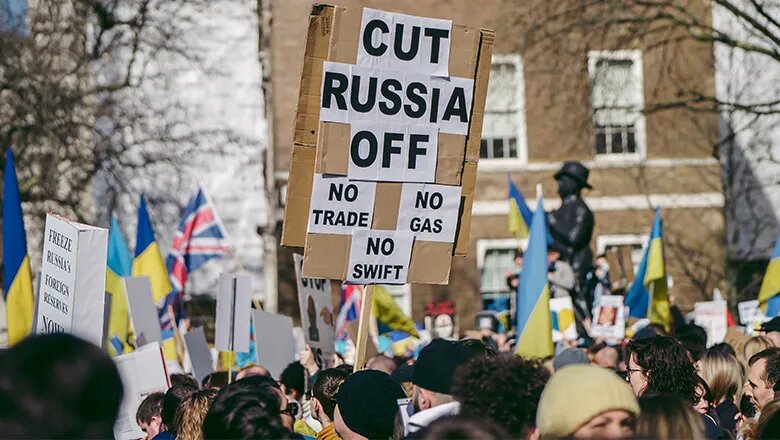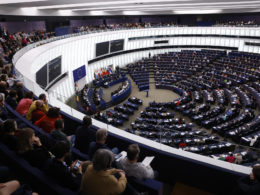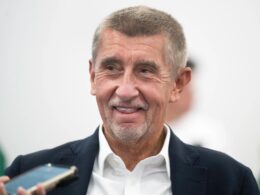The European Union secured unanimous approval to extend its sanctions against Russia following Hungary's decision to lift its blockade after Budapest received assurances regarding energy security from the European Commission.
These sanctions aim to cut off funding for Russia's military operations, however the Hungarian government has expressed strong opposition to the continuation of EU sanctions against Russia, arguing that they have caused substantial economic damage to Hungary and harmed Europe more than Russia itself.
The European Commission offered key concessions to secure Hungary's support, pledging to "continue discussions with Ukraine on the supply to Europe through the gas pipeline system" and including Hungary and Slovakia in these negotiations, according to Reuters.
On 1 January 2025, Ukraine officially halted the transit of Russian gas through its territory to Europe with an aim to limit financial inflows to Russia amid the ongoing war.
Hungary threatened to veto the renewal of sanctions unless the EU pressured Ukraine to restore gas transit through its territory.
This demand stems from Hungary's reliance on Russian energy supplies and its concerns about rising energy costs due to Ukraine halting gas flows.
Hungary had previously delayed the decision since December, with Prime Minister Viktor Orban indicating he wanted to wait for Donald Trump's presidential inauguration before committing to the sanctions renewal.
The EU's sanctions framework requires unanimous approval from all member states every six months.
Trump also recently threatened Putin with potential increased sanctions if Russia refuses peace negotiations with Ukraine.
The agreement to extend sanctions on Russia was confirmed by the bloc's foreign policy chief Kaja Kallas on social media:
“EU Foreign Ministers just agreed to extend again the sanctions on Russia. This will continue to deprive Moscow of revenues to finance its war. Russia needs to pay for the damage they are causing.”
Hungarian Foreign Minister Peter Szijjarto acknowledged the resolution, stating, "Hungary has received the energy-security guarantees it has requested."
While the Ukrainian gas transit route recently represented only 5% of Europe's needs, it remained significant for countries like Slovakia and Hungary.
Slovakia, under Prime Minister Robert Fico, also voiced concerns regarding the implications of the gas transit halt. Fico described the situation as a "serious problem" for Slovakia and warned that it could lead to severe consequences for the European Union's energy supply. However, despite Fico’s warnings, Slovakia’s energy system remains stable.
Ukrainian President Volodymyr Zelenskyy proposed utilizing Ukraine's infrastructure to transit Azerbaijani gas to Europe. However, energy experts are skeptical about Azerbaijan's capacity to supply the necessary gas volumes, cautioning that such arrangements might inadvertently enable Russian gas to re-enter European markets under the guise of Azerbaijani origin.
The sanctions extension marks the continuation of measures first implemented in February 2022 when the full-scale invasion began, which have now been renewed through 15 separate packages.
Related:
- Nine European companies supply $66 million in military-linked equipment to Russia despite sanctions
- “We really should meet,” Putin says as Trump threatens new sanctions over Ukraine
- “Make a deal”: Trump threatens Putin with tariffs, sanctions if war continues
- Hungary threatens to veto Ukraine’s EU bid amid Russian gas transit ban dispute
- Ukraine’s gas transit ban marks “expensive defeat” for Moscow, Kirby says





